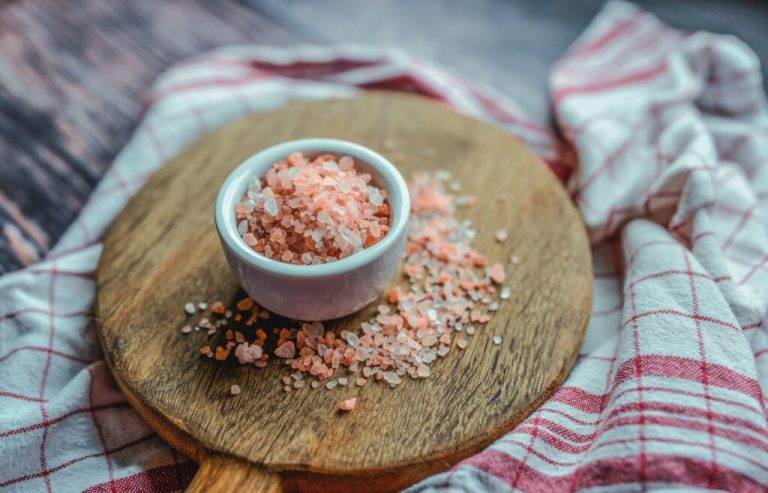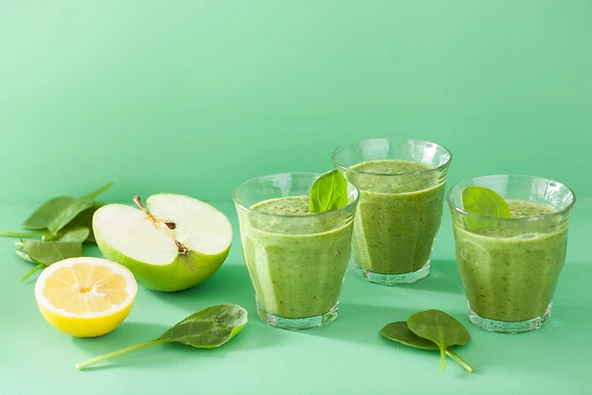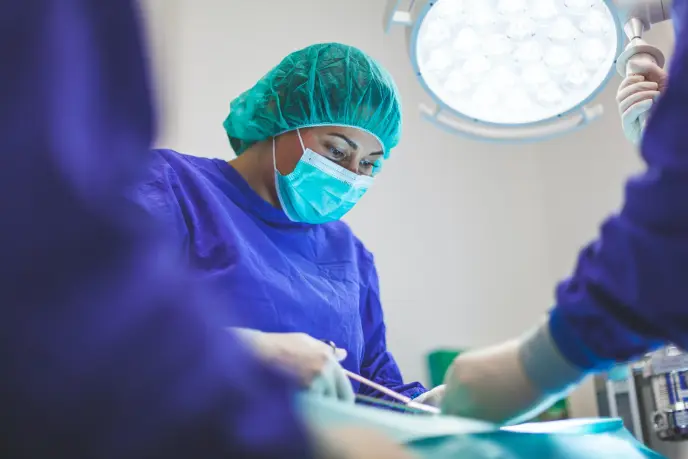We know that age is one of the biggest contributors to delays to conception and the increased need for fertility treatments, but sadly, we are yet to find the time machine for our gametes – eggs and sperm to reverse age these to improve their quality to conceive.
Whilst, we can’t control our age, we can change how we look after our bodies and thus the eggs and sperm within them, and there may be a promising new nutrient that may help with age-related infertility.
There has been a lot of talk about NAD+/NMN in the fertility space over the last couple of years.
So what is NAD+, and should you be taking a supplement like NMN to increase your NAD+?
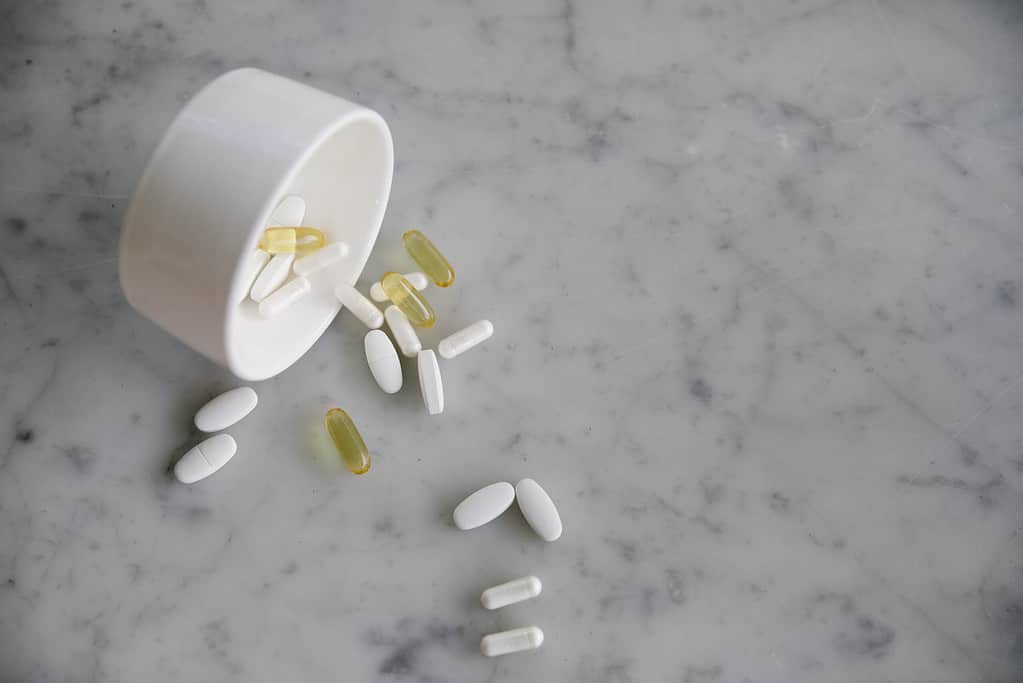
What is NAD+/NMN?
NAD+ or nicotinamide adenine dinucleotide is a co-enzyme required for a number of reactions to occur in the body.
It is used in energy production and can influence many key cellular functions in the body, including metabolic pathways, DNA repair, and immune cell function.
As we get older our levels of NAD+ decreases and this decline in NAD+ levels is linked to numerous aging-associated processes and diseases.
Some of these can be slowed down and even reversed by restoring NAD+ levels. This is of particular interest to those of us looking to improve egg quality, which also declines naturally with age.
NMN (nicotinamide mononucleotide) is one of the precursors used to make NAD+ in the body. When we’re looking at supplements, NMN is the preferred supplement to use as it is stable in water and changes quickly into NAD+ once ingested.
Treatment with NMN in rats has been shown to rejuvenate oocyte (or egg) quality in older animals, leading to restoration of fertility. This is a positive sign of what could happen when using NMN in us humans, with studies underway currently!

What is the Role of NAD+ in the Body?
Each cell in the body has mitochondria – also known as the powerhouse of the cell, and this is where we will find NAD+.
Because NAD+ can be found in every cell in the body, it has various functions as mentioned above.
Primarily we see the effect of NAD+ when looking at ageing, as many ageing-related diseases are connected to the decrease of NAD+ that occurs as we get older.
When we focus on fertility, NAD+ has an important role to play in egg quality as the quality of a person’s eggs is significantly dependent on their level of NAD+. A higher level of NAD+ is correlated to better egg quality, therefore, improved fertility.
The Research to Date on NAD+ and Fertility
Research conducted by the University of NSW in 2020 looked at the impact of NAD+ on the declining egg quality with age and whether this could be reversed through treatment using an NMN supplement in rats.
The animal study found that although multiple factors impact egg quality and fertility as we get older, a decreased level NAD+ is one of these factors and supplementing with NMN may be helpful in restoring egg quality.
For the mice in the study that were the equivalent of women in their mid-40s, the researchers were able to revert their eggs to a 30-year-old quality! There were many limitations to this study that may impact the results we see in humans.
In 2022, research was published in the journal of Reproductive Biology and Endocrinology looking into the effects of NAM (a slightly different precursor to NAD+ than NMN) on follicular development at different stages and the quality of eggs in women undergoing IVF.
The results found NAM concentration in mature follicular fluid was positively correlated with egg maturation and fertilization rates. The difference of which was statistically significant. The researchers speculated that increasing NAD+ has a beneficial role in enhancing egg maturation and fertilization capability.
So while this research is in its infancy and we have many questions about optimal NAD+ levels, it presents positive results for NMN as a potential biomarker and nutritional supplement to support people experiencing subfertility.
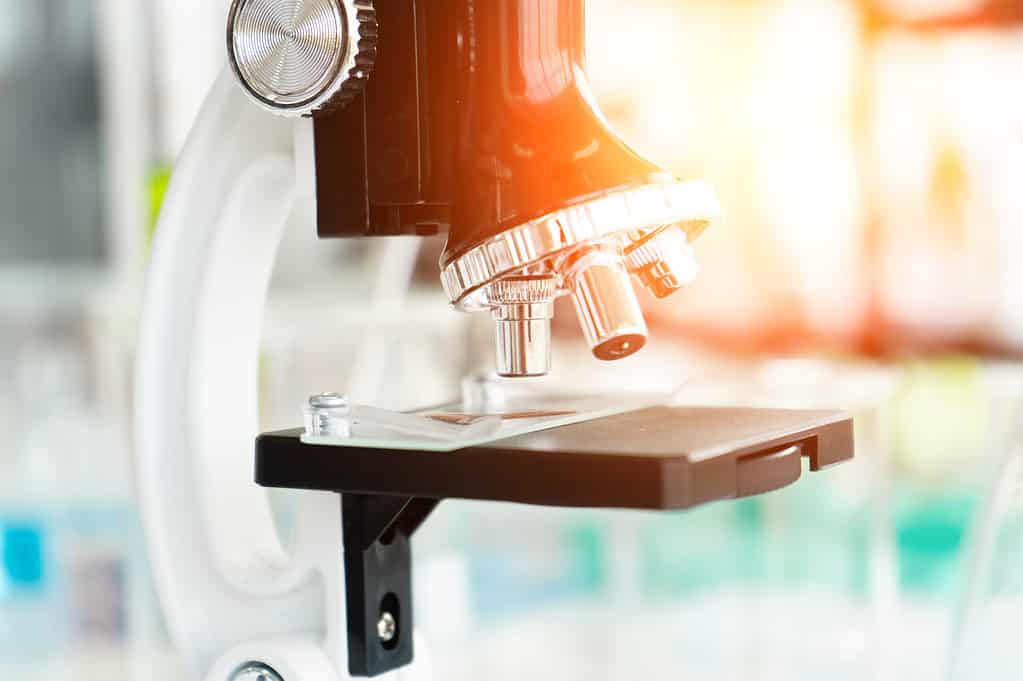
Who is NMN for?
NMN may be useful for people trying for pregnancy in their mid or late 30s and beyond or those who have been told they have poor egg quality.
If you’re concerned about your NAD+ levels, other ways to increase them include:
- Exercise
- Regular sleeping patterns
- Eating a healthy diet
- Supporting the circadian rhythms with regular meal times

If you’re interested in taking NMN to increase your NAD+ levels and improve your fertility, book a consultation with one of our expert certified fertility dietitians & nutritionists for individualised nutrition & supplementation advice
This article was written by clinical nutritionist, Courtney Garfoot from @courtgarfoot_nutrition.



